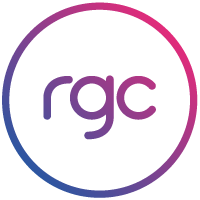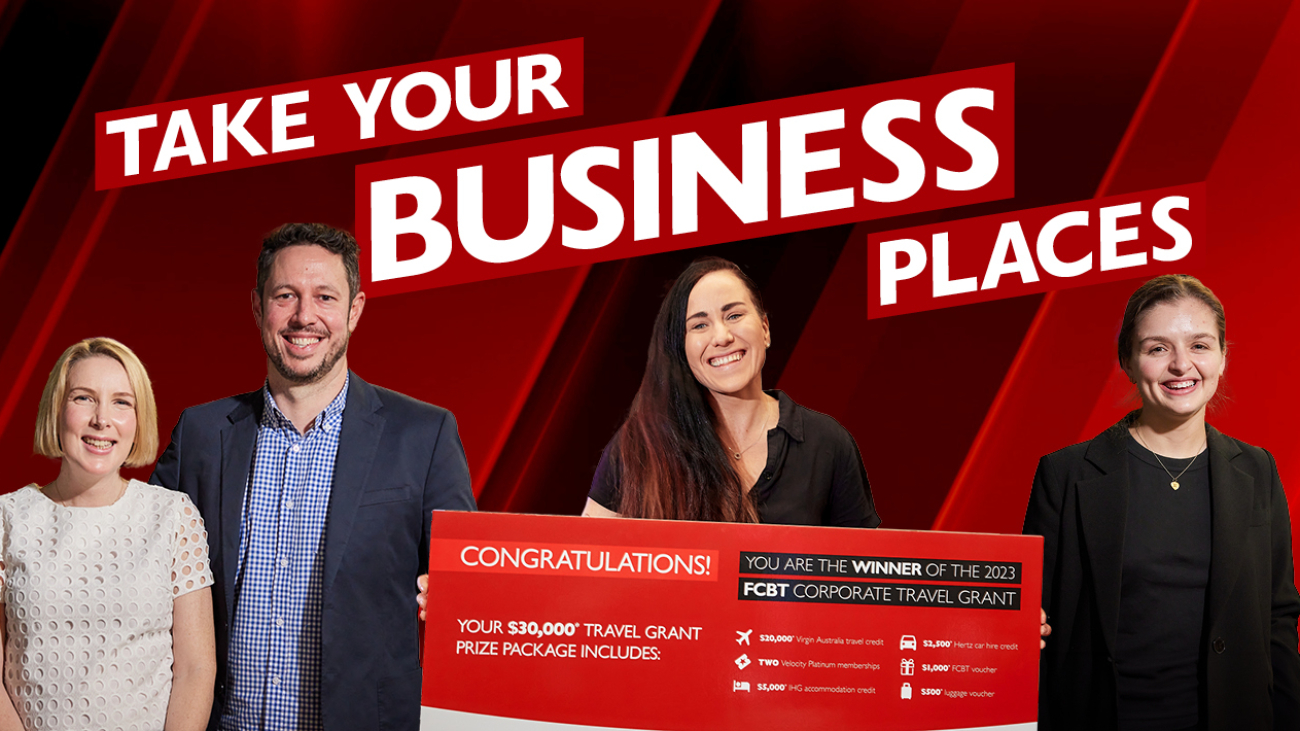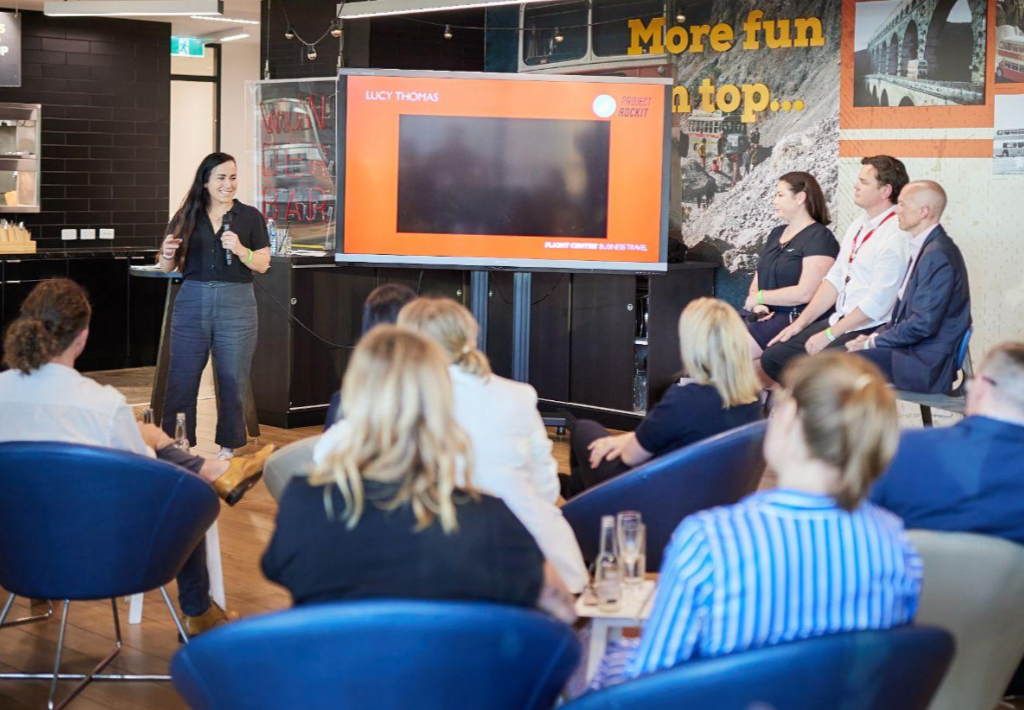Dealing with the media can be an enjoyable and valuable experience for many executives. It is a great offensive strategy for getting your company’s story out and building your personal profile.
Dealing with the media from a defence perspective, either during a full blown crisis or a simple run-of-the-mill incident, is not always as ‘enjoyable’, and the slightest mistake can imperil your good name and your company’s future.
One of the techniques we teach during our media training workshops and ask every executive to be familiar with is bridging.
Bridging is useful in any situation where it is important for you to explain clearly to the counterpart what your position is on a subject – whether in business or private life.
What is Bridging?
Bridging is a technique used in media training to help speakers stay on message during interviews or press conferences. It involves acknowledging a reporter’s question and then “bridging” or steering the conversation back to the key points or messages that the speaker wants to communicate. This technique helps in maintaining control of the narrative and ensuring that the most important information gets across.
Here are some key aspects of the bridging technique:
- Acknowledge the Question: Start by addressing the question directly to show that you’re listening and understand the query.
- Bridge to Your Message: Use transitional phrases to shift the focus from the question to your key message. Common bridging phrases include:
- “While ___________ is important, it’s also important to remember that…”
- “There are a lot of questions around this issue… but it all boils down to this.”
- “And that reminds me…”
- “Before we leave this subject, I need to add…”
- “I don’t want to get bogged down in the detail.. If we look at the big picture..”
- “I don’t want to comment on speculation.. What we are focused on is..”
- “Many of these issues are still up for discussion.. What we are focussed on is…”
- “There is still plenty of work to be done on that.. What I can tell you is..”
- “What’s important to remember is…”
- “The key point here is…”
- “That’s an interesting question, but let me tell you about…”
- “What we’re focusing on is…”
- “I think it’s important to note…”
- Deliver Your Message: Clearly and concisely state the information you want to convey.
- Practice: Like any skill, effective bridging requires practice to ensure smooth and natural transitions.
The most common mistake – and the most serious mistake – is to not acknowledge the question of the journalist. This acknowledgement of the question requires a good deal of precision. Acknowledgement shows that you take the question seriously, and that you admit that the question is legitimate. If you do not acknowledge the question, you run the highest risk in media interviews, namely that the interview will be no longer about the subject of the interview – but about you.
Example of Bridging in an Interview
Reporter: “Can you explain why the company’s profits dropped last quarter?”
You: “While it’s true that our profits were lower last quarter due to some short-term challenges, what’s important to remember is that we are investing heavily in new technologies that will drive long-term growth. For example, our new product line launching next month is expected to significantly enhance our market position.”
By using the bridging technique, you acknowledge the question about the profits but steer the conversation toward a positive future outlook, focusing on the investments and upcoming product launch.




